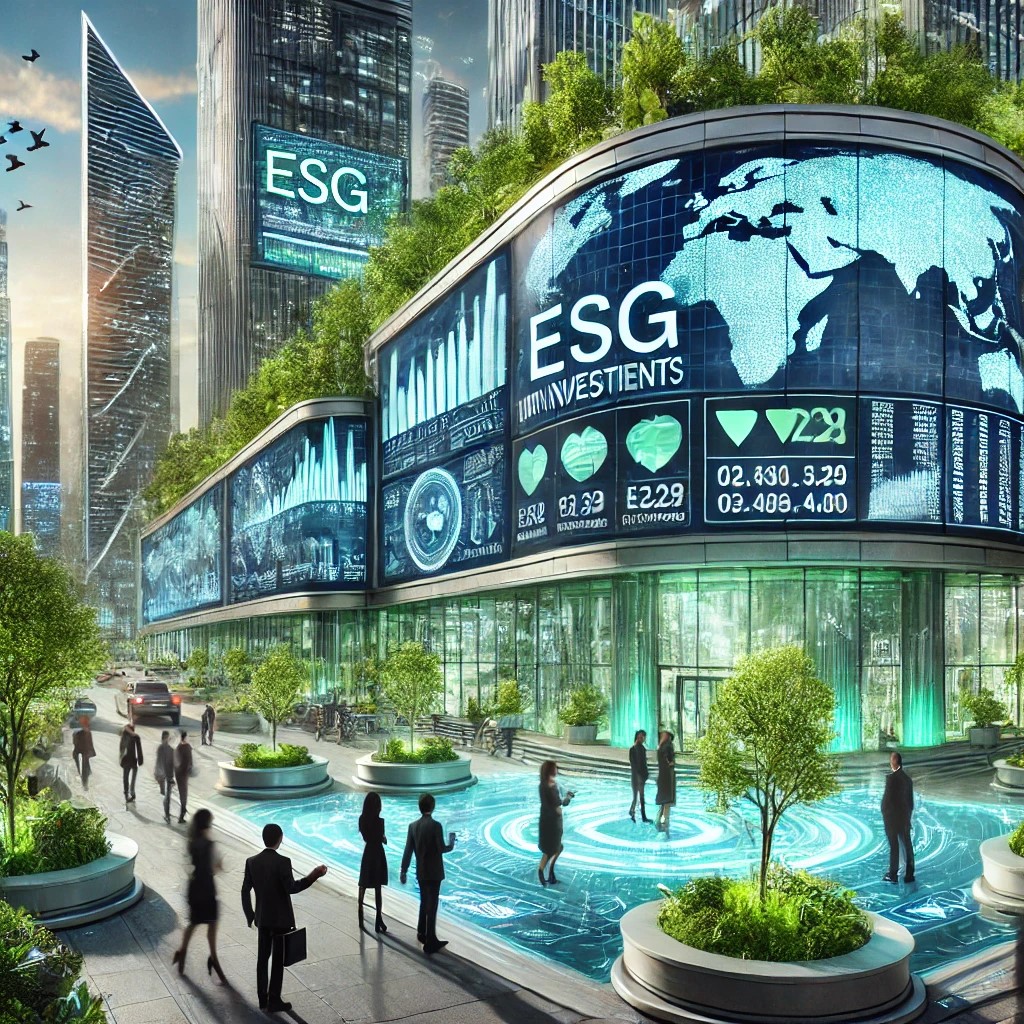The Impact of Global Economic Integration on Financial Markets
Global economic integration, a process characterized by the increasing interconnectedness and interdependence of world economies, has profoundly impacted financial markets. This phenomenon, driven by advancements in technology, trade liberalization, and cross-border investments, has reshaped the financial landscape, presenting both opportunities and challenges. As we delve into current trends and future predictions, it becomes evident that global economic integration continues to play a pivotal role in shaping the dynamics of financial markets.

Current Trends
Increased Cross-Border Capital Flows: One of the most significant trends is the surge in cross-border capital flows. Investors are no longer confined to domestic markets; they can now diversify their portfolios by investing in assets across the globe. This diversification reduces risk and increases potential returns. For instance, U.S. investors might invest in emerging markets like India or Brazil to tap into higher growth rates.
Harmonization of Regulatory Standards: To facilitate smoother financial transactions across borders, there has been a concerted effort to harmonize regulatory standards. Institutions like the International Monetary Fund (IMF) and the World Bank play crucial roles in promoting regulatory coherence. This harmonization ensures that investors have a clear understanding of the rules governing their investments, reducing uncertainties and fostering a more stable investment environment.

Technological Advancements: Technology has been a game-changer in financial markets. High-frequency trading, blockchain, and artificial intelligence have revolutionized how financial transactions are conducted. These technologies enable faster, more secure, and more efficient trading, further integrating global markets. For instance, blockchain technology ensures transparency and security in cross-border transactions, reducing the risk of fraud.
Emergence of New Financial Centers: While traditional financial centers like New York, London, and Tokyo remain dominant, new players such as Hong Kong, Singapore, and Dubai have emerged. These centers offer strategic advantages, including favorable regulatory environments, advanced technological infrastructure, and strategic geographic locations, making them attractive to global investors.

Future Predictions
Greater Integration of Emerging Markets: As emerging markets continue to grow, they will play a more significant role in global financial markets. Countries like China and India are not only becoming major investment destinations but also key players in international financial policymaking. This shift will lead to a more diversified global financial landscape.
Sustainable Investing: The integration of global markets has also brought about a greater focus on sustainability. Investors are increasingly considering environmental, social, and governance (ESG) factors in their investment decisions. This trend is expected to grow, with sustainable investing becoming a mainstream approach. Companies that prioritize sustainability will likely attract more global capital.
Conclusion
Global economic integration has undeniably transformed financial markets, offering numerous benefits such as diversified investment opportunities and technological advancements. However, it also presents challenges, including increased market volatility and regulatory complexities. As integration deepens, stakeholders must navigate these challenges to harness the full potential of a globally interconnected financial system. The future of financial markets will be shaped by how effectively we address these issues while capitalizing on the opportunities that global economic integration presents.
(Writer:Lily)





